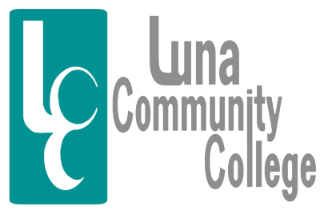This program is an interdisciplinary course of study in the areas of law enforcement, substantive law, court structure and process, and corrections as integral components of the criminal justice system. An emphasis is placed on the historical, psychological, sociological, and political aspects within criminal justice. To enhance the written communication and report writing skills of the student, the concept of writing-across-the-curriculum is utilized.
Program Learning Outcomes (PLOs)
- Demonstrate a comprehensive understanding of the criminal justice system, including its structure, functions, and role of various agencies and actors within it.
- Apply legal and ethical principals to make informed decisions and uphold the principles of justice, fairness, and integrity in their work within the criminal justice field.
- Possess the knowledge and skills to conduct effective criminal investigations, including crime scene analysis, evidence collection and preservation, interviewing techniques, and case documentation.
- Understand the fundamental principles of criminal law and procedure, including constitutional rights, laws of arrest, search and seizures, and rule of evidence.
- Develop the ability to engage with diverse communities, applying community policing strategies, building trust, and fostering positive relationships between law enforcement agencies and the communities they serve.
- Acquire skills in crisis intervention and conflict resolution, demonstrating the ability to de-escalate tense situations, manage conflicts, and promote peaceful resolutions in challenging circumstances.7: Demonstrate effective oral and written communication skills, including the ability to communicate clearly, professionally, and respectfully with colleagues, superiors, and the public, and produce accurate and concise reports.
- Effectively utilize technology and software relevant to the criminal justice field, including data Effectia base, crime mapping tools, and computer-aided dispatch systems to enhance efficiency and effectiveness in their work.
- Demonstrate proficiency in personal safety and self-defense techniques, applying appropriate tactics and strategies to ensure the safety of themselves and others in law enforcement situations.
- Engage in continuous professional development, staying informed about emerging trends, policies, practices in the criminal justice field, pursuing further education and training opportunities, and demonstrating a commitment to ethical conduct, cultural competence, and ongoing growth in criminal justice and law enforcement professionals.
